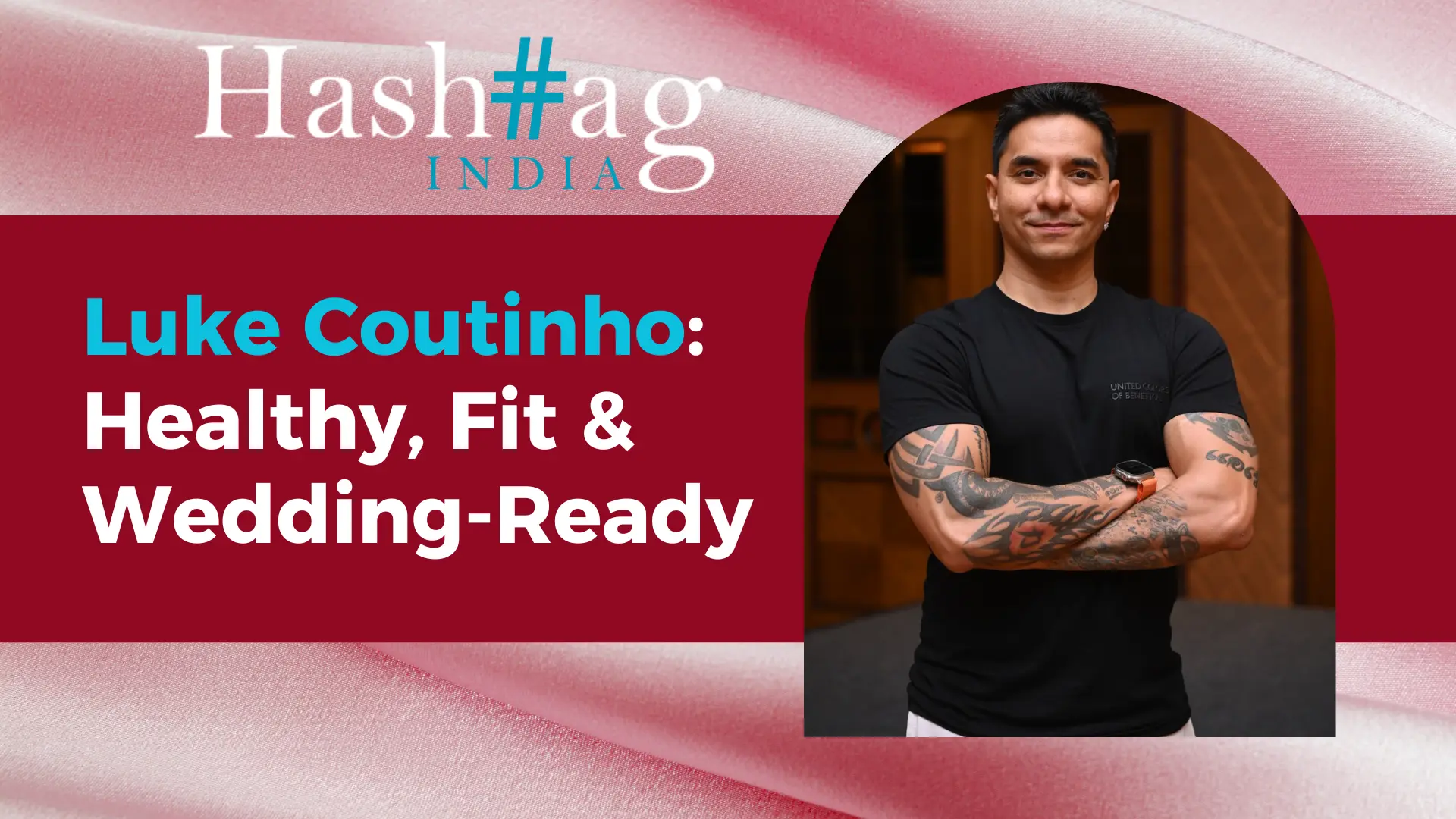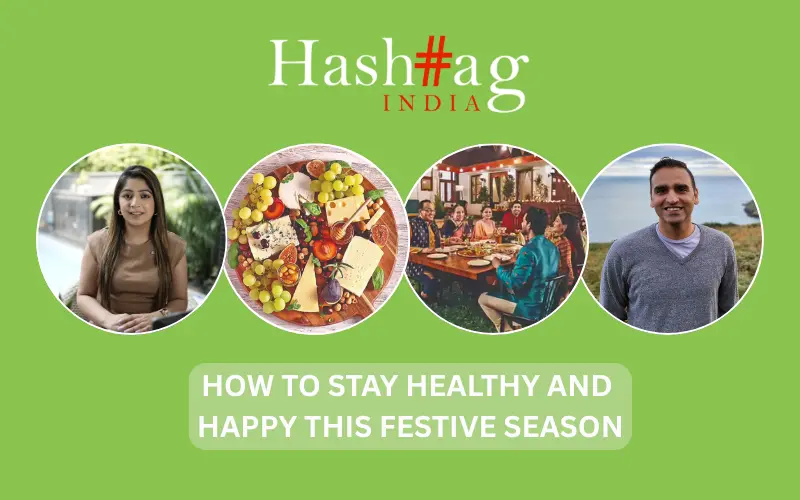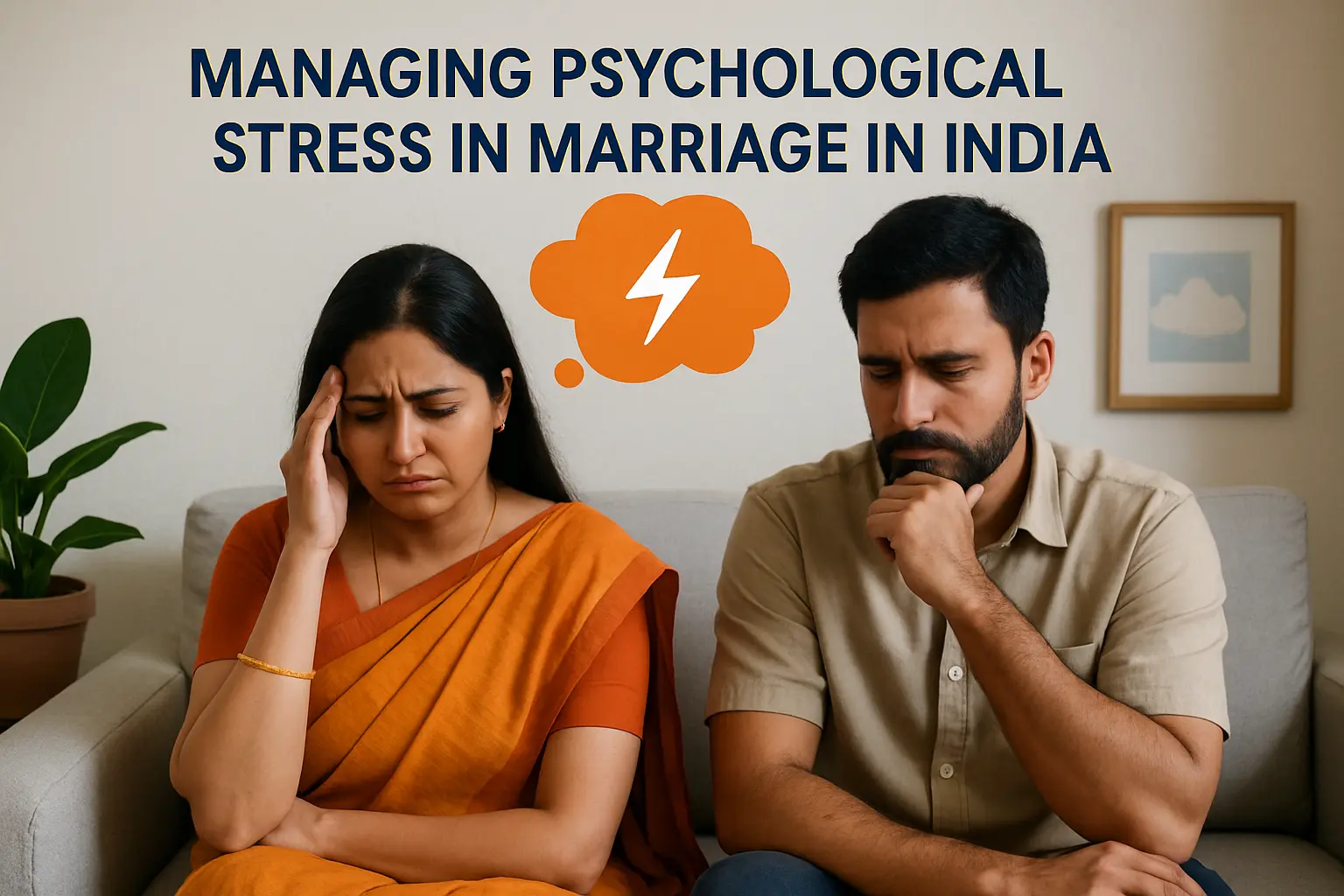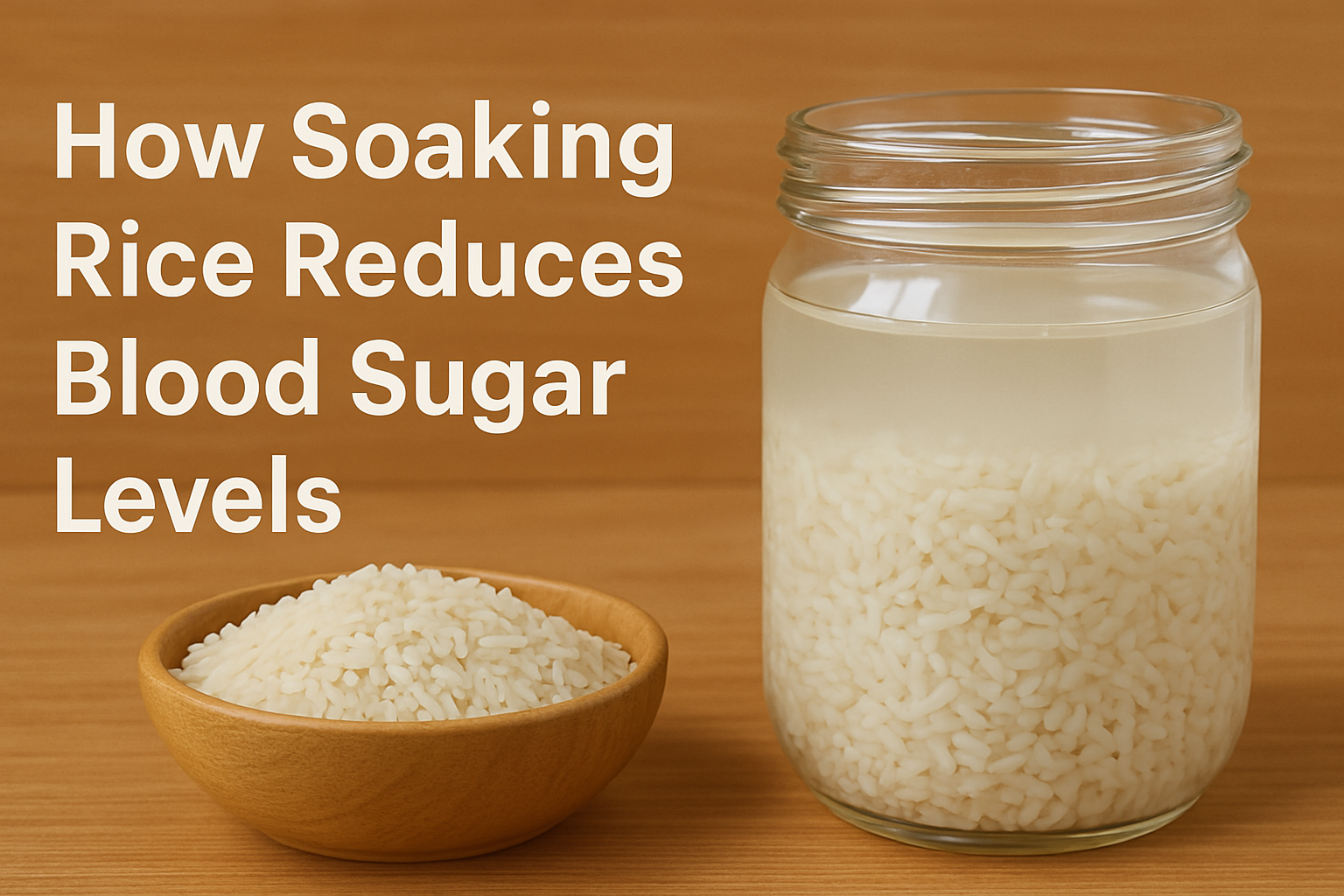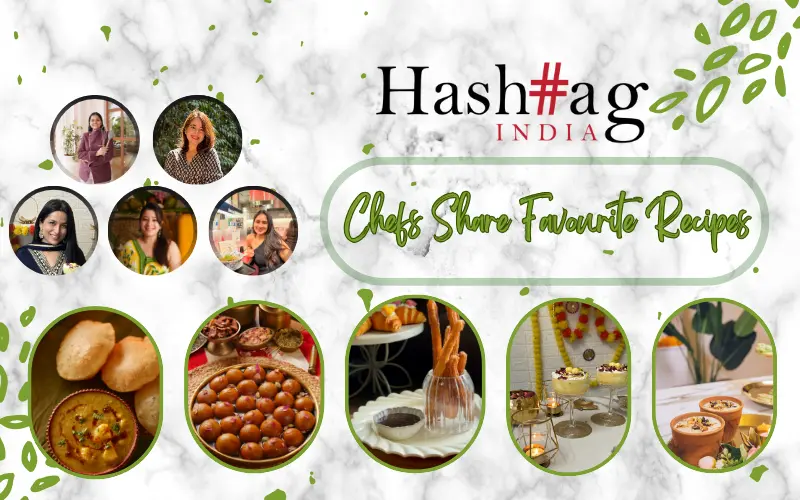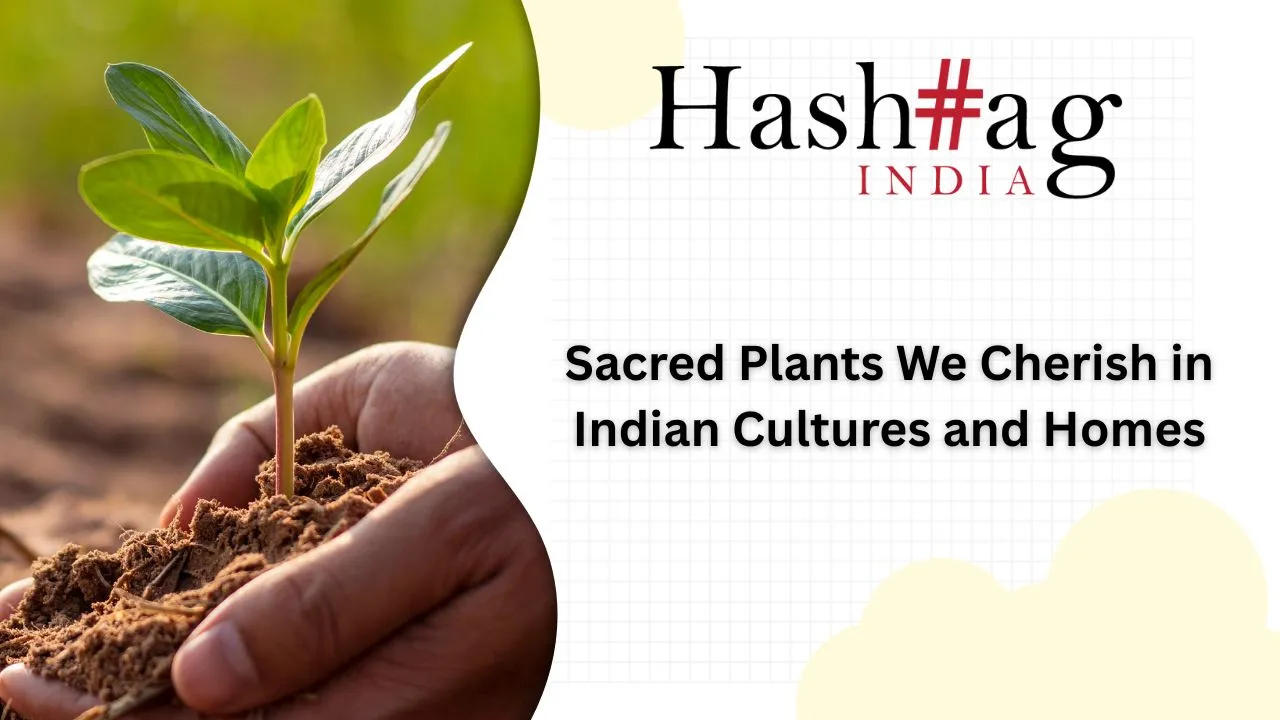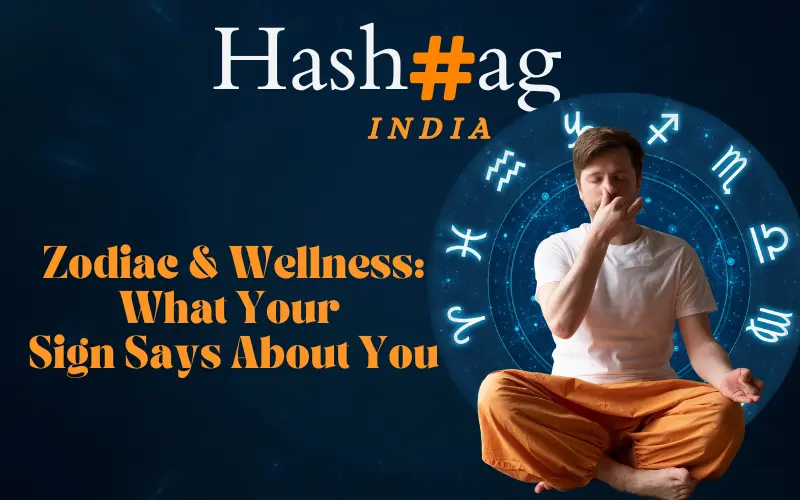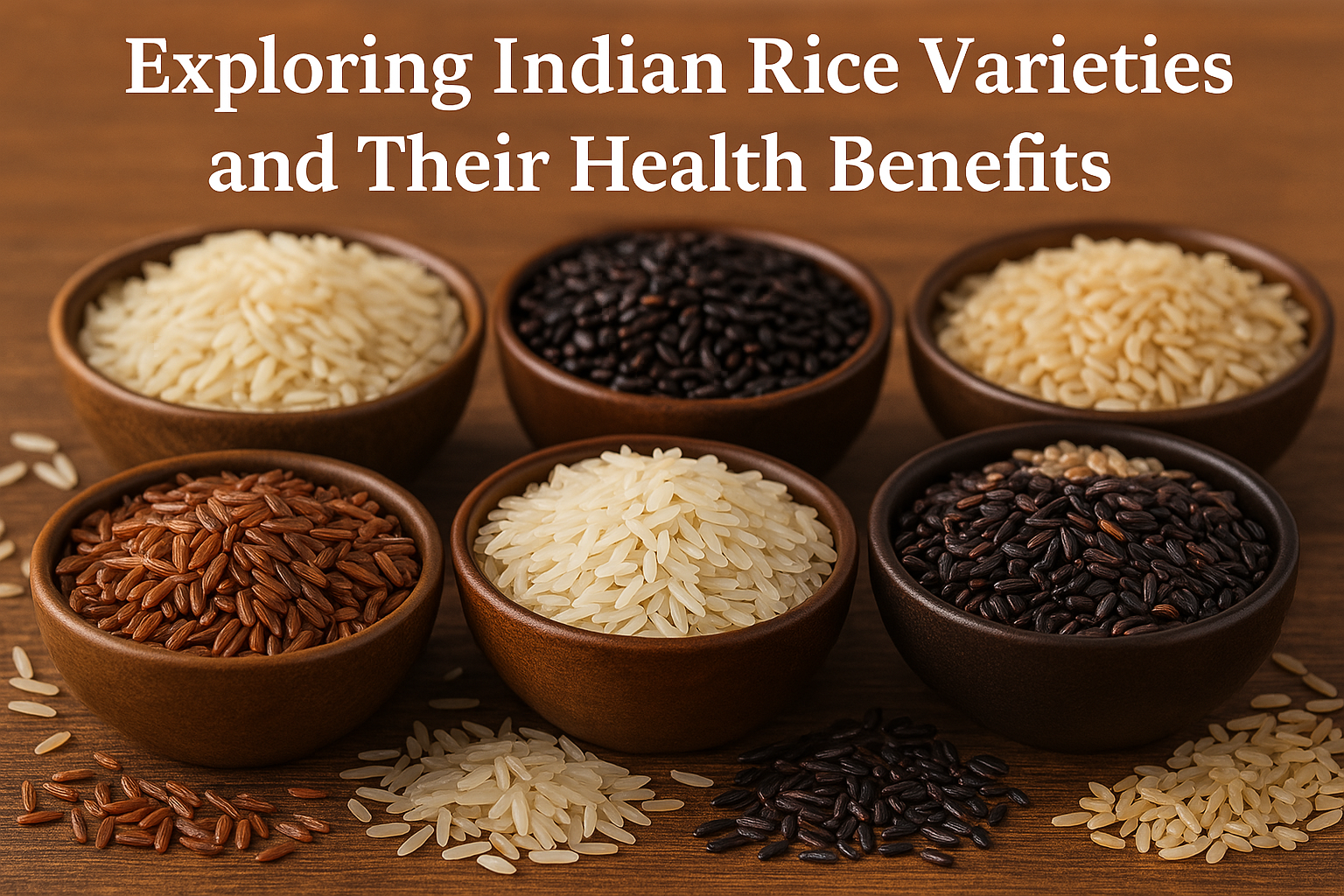Dr Seshachalam Nitin, Cataract & Lasik Surgeon, MaxiVision Super Speciality Eye Hospitals, Hyderabad shares some tips on how to stay safe this Holi.
Holi- the festival of colours is almost upon us. Like last year, the cloud of the Covid-19 pandemic hangs over the festival this year too. Though the vaccination programme has commenced; it will take some time before a large section of our population is vaccinated.
Considering this, and the recent surge in the number of positive cases, we all have to keep our guard up and prevent spread of the dreaded virus by following social distancing norms and maintaining high levels of personal and public hygiene.
Eyes are amongst the most sensitive and the most vulnerable parts of the body, especially during festivals like Holi. Playing Holi safely should be the first priority. Because not taking care of your eyes when playing with colours during Holi can result in eye irritation or allergies or even temporary blindness.

Eye care tips for a safe and joyful Holi:
USE SUNGLASSES
The first and utmost important step is to cover your eyes. Sunglasses should serve you very well for this purpose. If someone smudges colour on your face, the first thing you should do is to close your eyes and will be best to cover your eyes with your palms.
APPLY A GOOD MOISTURIZER
Apply a good moisturizer or cold cream around your eyes to avoid getting any colour. Coconut oil can also be used for this purpose. The cream acts as a shield from Holi colours because of its oily cream base. It protects the direct contact of colour with skin and also helps in the washing of colour post festivities.
DO NOT WEAR CONTACT LENSES
Another important thing is to avoid wearing contact lenses while playing Holi. There are chances of colour getting trapped between the lens and the eye, which can be very harmful. In case you still go ahead and play Holi with lenses on, please dispose of them thereafter.
AVOID RUBBING OF EYES
If colour gets into your eyes, the first thing you should do is rinse your eye with clear running water, preferably cold, two to three times. Rubbing may aggravate the situation, best will be to visit an Ophthalmologist for further treatment.
TIE YOUR HAIR
Tie your hair while playing Holi. If the hair gets wet it will stop the colour from dripping into your eyes. It is a basic and effective eye care tip while playing Holi. Also, oil your hair before you go out to play as it makes washing off the colour easier.
USE NATURAL COLOURS
Synthetic colours contain toxic heavy metals like lead, which can cause pink eye, eye allergies, or even abrasions on the eye surface. Avoid them for a safe Holi.
Do follow the tips and share them to have a happy and safe Holi!


